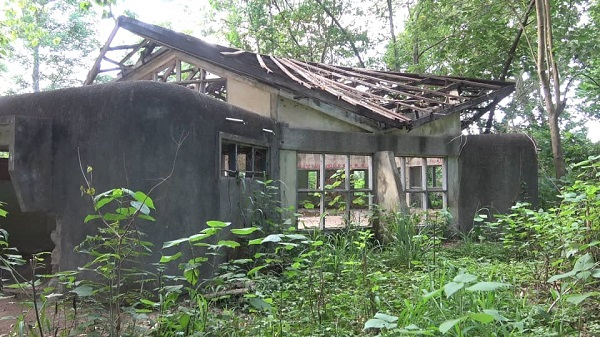Soil Carbon Release Could Accelerate Climate Change, Study Finds
Rising global temperatures may speed up the release of carbon stored in soil, which could make climate change worse, according to new research published in Nature Communications.
The study, led by scientists from the Center for Marine Environmental Sciences (MARUM) at the University of Bremen in Germany, suggests that warming could trigger microbes in soil to break down organic matter faster, releasing significant amounts of carbon dioxide into the atmosphere.
Soils globally store over twice as much carbon as the atmosphere, acting as a critical buffer against rising greenhouse gas levels. While melting permafrost has drawn attention for its carbon release potential in the past, the latest findings highlight the vulnerability of warmer and wetter soils in subtropical and tropical zones.
> Equity Bank Bets Big on Kenya’s Rice Economy
To investigate, the researchers analysed a sediment core from the Mediterranean seafloor near the Nile Delta, which preserves an 18,000-year record of organic material washed from north-east Africa’s subtropical and tropical soils. The Nile, draining a vast region, carries soil carbon to the sea, offering a historical timeline of carbon dynamics since the last ice age.
Surprisingly, the study found that, against what was previously thought, rainfall and runoff had little impact on the age of carbon in the sediments. Instead, temperature was the dominant factor. As the Earth warmed after the ice age, the carbon in Nile sediments became significantly “younger”, indicating that warmer conditions sped up microbial decomposition, releasing carbon dioxide far faster than expected.
“Our findings show that soil carbon is much more sensitive to temperature than current models predict,” said Dr Peter Köhler, a co-author of the study from AWI Bremerhaven, a research centre for polar and ocean science.
“The fact that the models underestimate carbon release from soils so strongly shows us that we need to revise the sensitivity of soil carbon in our models,” he added.
The warning signs are clear. Tropical and subtropical soils, which hold vast carbon reserves, could become significant sources of emissions as global temperatures rise.
“Soils are one of Earth’s largest carbon sinks, but they can flip to sources under the right conditions,” said MARUM’s Dr Vera Meyer. “In warm, humid regions, microbes are highly responsive to temperature, and we’re seeing that play out faster than expected.”
The Earth is already about 1.2°C warmer than it was in the late 1800s, and the Intergovernmental Panel on Climate Change (IPCC) has stated that exceeding the 1.5°C warming threshold, as projected to happen in the early 2030s, would trigger a faster increase in global warming than currently anticipated.











